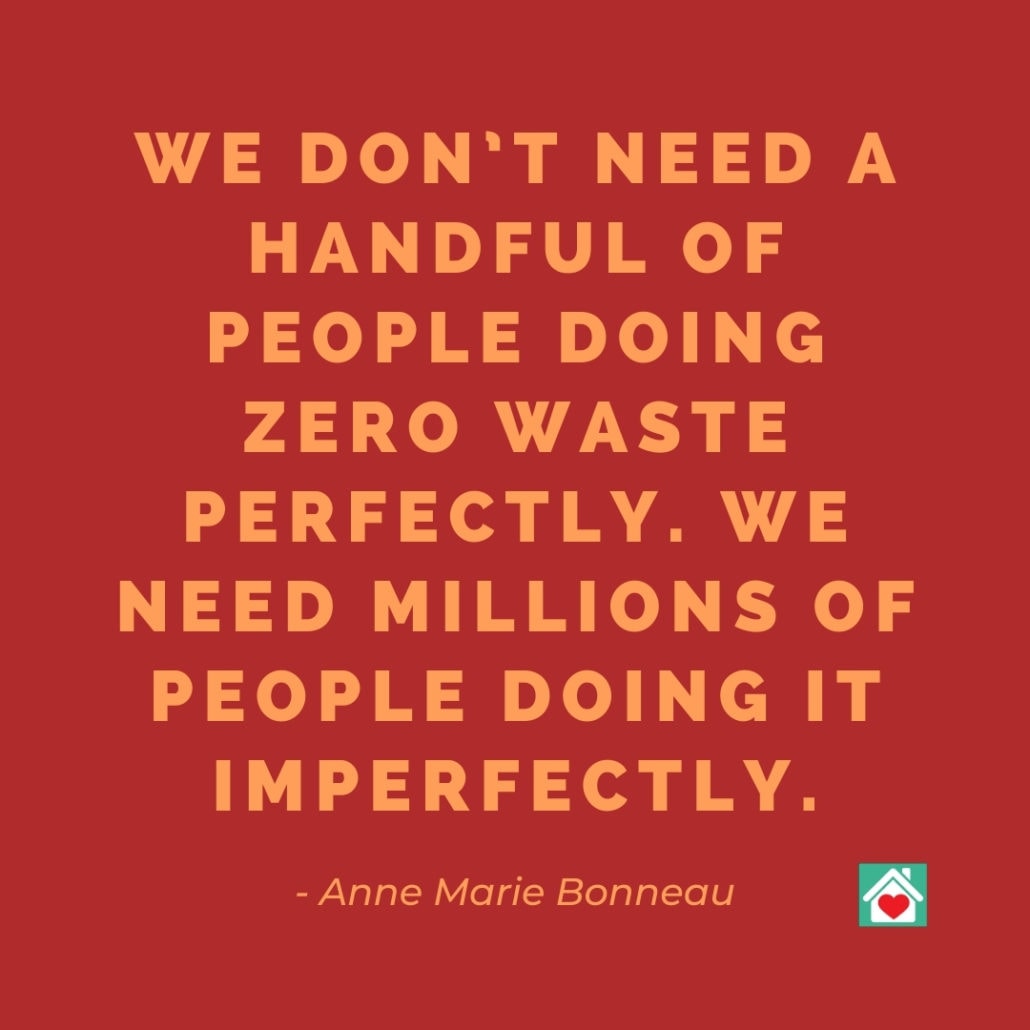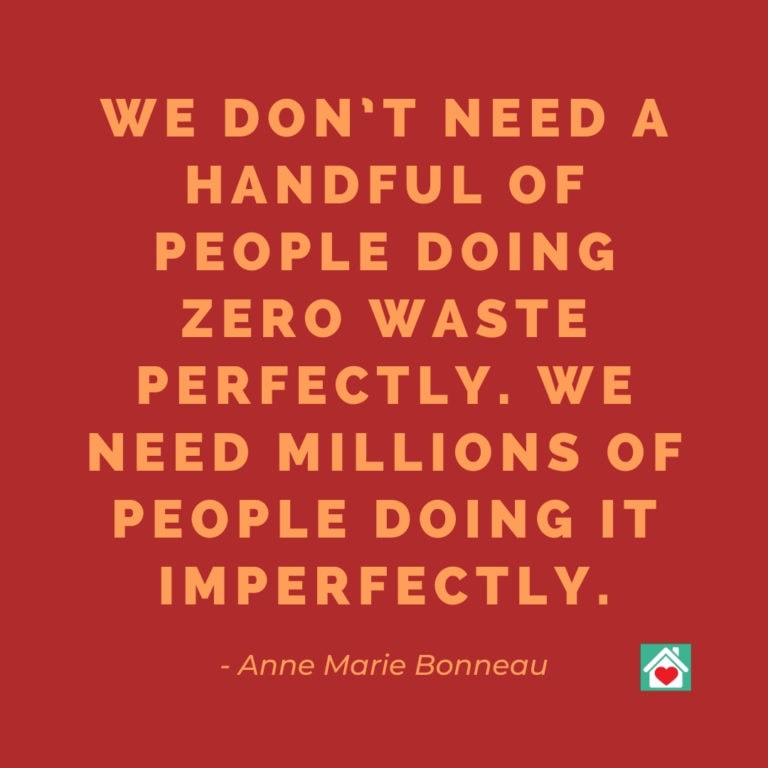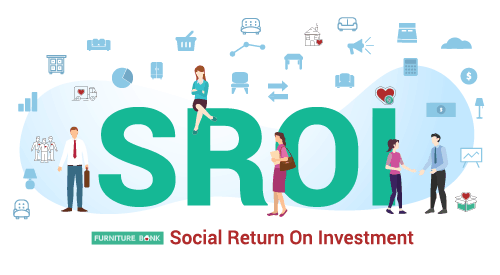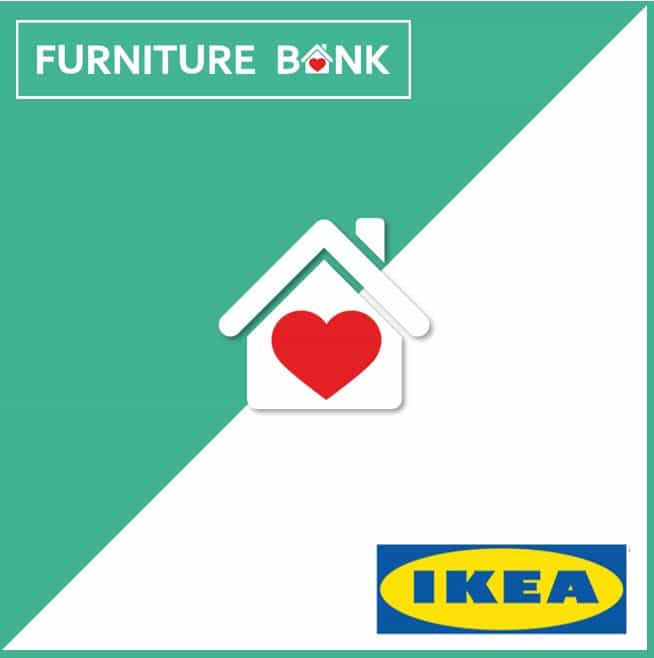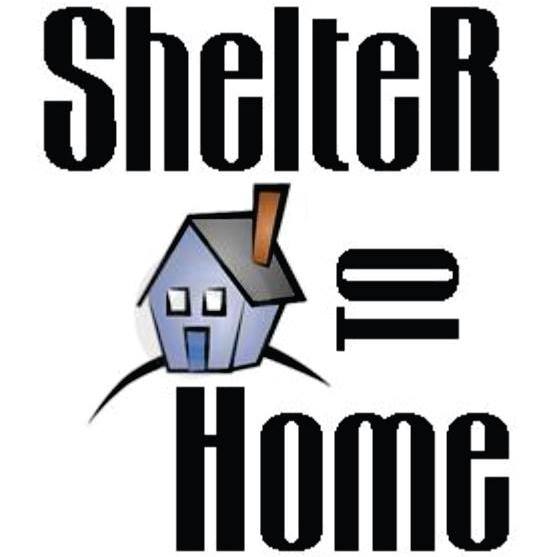Sustainability is the ability to be maintained at a certain rate or level (source: Google). This means, in order for us to have nice things (a.k.a our planet), we have to use less nice things and take care of the nice things we already have (reuse). Furniture Bank is heavily invested in sustainability because we care about our environment. We receive gently-used donations every single day, which helps lessen our organizations, our donors, and our client’s carbon footprint.
There are three ways Furniture Bank is contributing to the community:
We help people in need to feel at home again by providing gently used furniture
We offer training and skills for youth struggling with employment
We keep furniture out of the landfill supporting the circular economy
Since you’re already here – reading this article – we assume you do care about at least one of those matters. And today, we’d like to delve deeper into the last one-sustainability.
If anyone has ever doubted that climate change is real, 2020 has proven that nature is able to revive itself quickly, once the human factor is taken away. Since the industrial revolution, we buy more than ever, and we throw away more than ever. It’s become exceptionally easy to mass-produce- at a cheaper rate at that- and it’s easier to ditch things rather than taking the time to fix it (like we used to do in old times). Ever heard the saying if it ain’t broke don’t fix it? Well in this case, if it is broken, please fix it. The planet will thank you.
Did you know that Canada was sending its waste away to China? It was no longer about plastic pollution only but about transportation that has a huge impact on the environment. Since China banned and restricted receiving plastic waste from overseas, we are now looking for solutions locally. Imagine 800 swimming pools of loose materials arriving at a material recovery facility every day (source). These are all the things you thought were meant for the blue bin, but they aren’t recyclable. Adding to that, we are now able to recycle 9% of plastic in Canada (source). The majority of it lands up in a landfill. We are literally flooding ourselves with plastic waste.
It is fair to say that one person heavily invested in sustainable living may not make a huge impact. But that’s how it begins, with one small pebble to create a ripple effect. “We don’t need a handful of people doing zero waste perfectly. We need millions of people doing it imperfectly” [Anne Marie Bonneau]
Here’s our list of small tiny steps each of us can try to undertake today!
- Try to reduce buying new things- at the end of the day, that’s the only way we can stop flooding our planet with the rubbish and start packing our wallets!
- Reduce using one use items like plastic bags, straws, cups, and utensils – carry your glass coffee cup, water jug, and a tote bag with you everywhere
- And if you don’t have, get yourself a reusable (glass or stainless steel) water bottle for goodness sake!
- Reuse, reuse, reuse whenever you can: Did you buy nuts in a plastic box? – Use it to store your leftovers in a fridge!
- Get those fancy metal straws for your kids instead of using plastic ones
- Recycle whatever you can: waste, everyday items, clothes, furniture, decor
- Double-check if the products you buy come in recyclable materials
- Take your recyclable knowledge to the next level with the Waste Wizard
- Try fixing the things you already own – like clothes – maybe you can turn your old jeans into shorts for the summer months?
- Have fun with restyling and upholstering your old furniture! (psst! you can then try to resell it or support us with your furnishing items!)
- Give bulk buying a try! That’s the easiest way to avoid plastic bags (you can bring your own containers or cotton bags)
- Support your local restaurants and bring your glass container with you
- Shop local! Yes, it often requires more time to do the research but that’s how we can support the economy as individuals. Also: you’ll be surprised how beautiful and good quality items are being made by canadian makers/manufacturers! (HINT: still looking for Chistmas gifts?)
- Buy local food: make sure you check the country of origin of those cucumbers you’re about to buy
- When buying new clothes: choose natural fabrics over blended fibres that are non-recyclable. Example: choose a cotton t-shirt over a polyester t-shirt
- If you have the option to buy sustainable, ethically made brands, please do!
- Eat less meat – there are many plant-based dinner options to choose from! And who knows? Maybe they’ll become a staple at the dinner table
- Alternate your regular milk with plant-based milk or try making it yourself at home (it’s easy!)
- Donate instead of throwing away. At times when drop-offs are closed, try asking your friends and family if they know someone in need of the things you need to get rid of
- Try soy candles- they are better for your health and biodegradable! Caribou Home is one of many Candian brands to try out for natural products!
- Choose an old school soap over the liquid soap that comes in a plastic bottle
- Choose a nut butter in a glass jar instead of the one in a plastic container
- Choose a washcloth over a paper towels
- Choose reusable pads instead of cotton pads
- Choose a menstrual cup over tampons or pads
- Choose loose tea leaves over tea bags
- Choose reusable silicone baking mats instead of baking paper
- Invest in good dish rags- or make them at home from old clothes-and save on paper towels
- Choose quality over quantity, always
- Use https://www.ecosia.org/ instead of Google once in a while
- Get in a habit of preparing a meal plan and grocery shopping list before you’ll head out to the store – this way you can avoid wasting your food
- Give beeswax a try and ditch the plastic foil forever!
- Take care of what you already have: apply some TLC and enjoy your favourite items longer!
- Take TTC or a GO Train instead of driving a car once in a while
We don’t want to talk you around becoming a minimalist, but we are sure you will find this Ted Talk inspiring. Enjoy!


